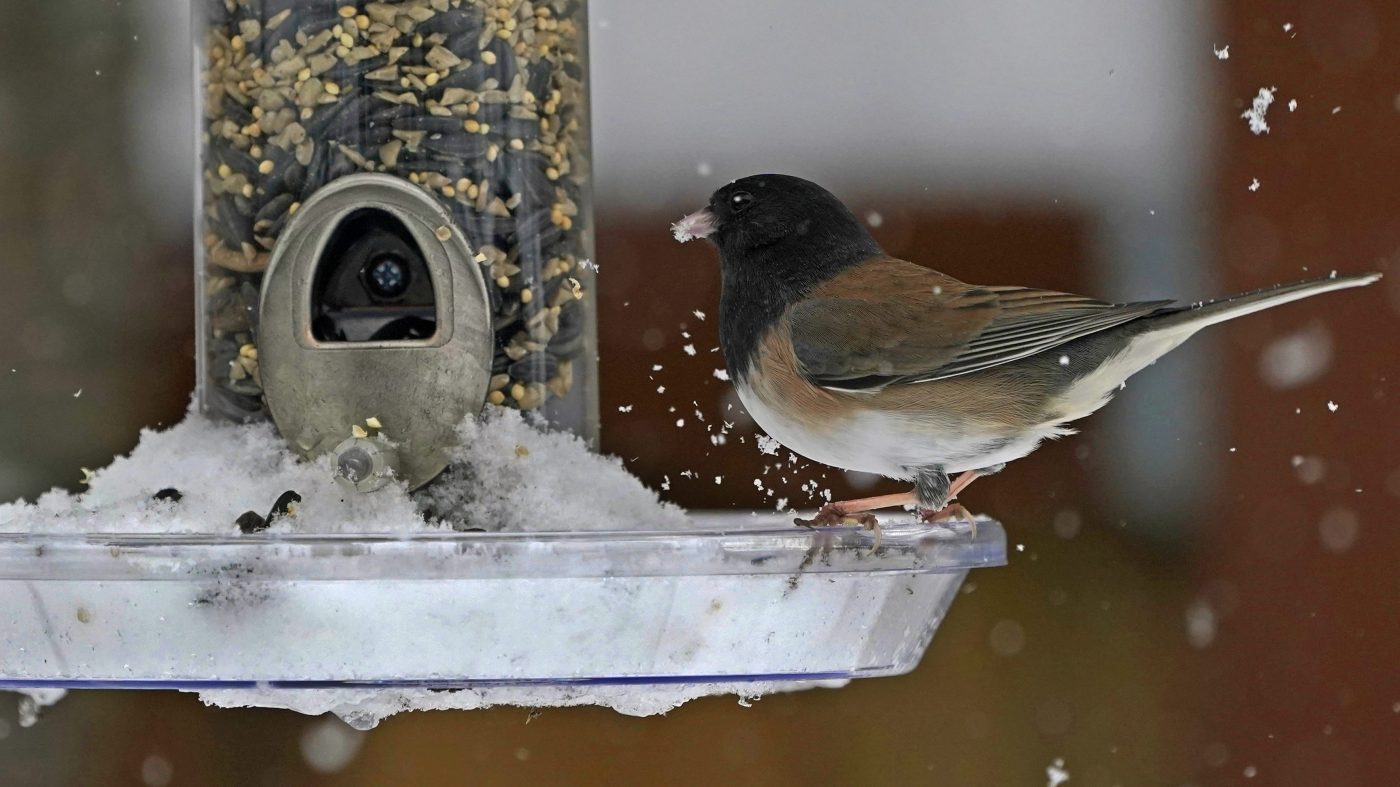
Minnesota allocates funding to help U researchers monitor bird flu in wildlife
Lawmakers and wildlife experts have set aside $1.27 million in state funds to help monitor the highly pathogenic avian influenza, known as “bird flu,” in Minnesota wildlife.
Gov. Tim Walz approved funds Friday from the state lottery-generated Environment and Natural Resources Fund for researchers at the University of Minnesota’s College of Veterinary Medicine to study the flu. The funding proposal was made by the Legislative-Citizen Commission on Minnesota Resources, a bipartisan committee of 10 lawmakers and seven citizens who decide where money from the Environment and Natural Resources Fund are allocated.
The commission said the U researchers will partner with the Animal Humane Society and other organizations to ramp up testing and better understand the threat of the bird flu beyond Minnesota’s wild and domestic bird populations.
“Rapidly evolving threats like HPAI don’t go on hiatus between funding cycles,” Nancy Gibson, co-chair of the commission, said in a statement. “We are grateful that the LCCMR can provide Minnesota’s wildlife professionals with timely support … that allows them to do what they do best — putting their expertise to work bolstering Minnesota’s immune system against HPAI (highly pathogenic avian influenza).”
Project leader and U researcher Arno Wuenschmann called bird flu a “ticking time bomb” for animal and human health, according to Gibson’s statement.
Previous outbreaks typically ended in months, but the current outbreak of bird flu is two years in and has spread beyond birds to domestic and wild mammals in Minnesota, including dairy cows, red foxes, black bears and domestic cats, as well as humans, the statement said.
On Monday, the first U.S. bird flu death was reported.
Public health officials in Louisiana said the victim, who was over 65 and had underlying medical problems, had been hospitalized with severe respiratory symptoms. The victim had also been in contact with sick and dead birds in a backyard flock. The health officials also said a genetic analysis suggested the bird flu virus had mutated inside the patient, which could have led to the more severe illness.
Related Articles
More Minnesota kids get exempted from required vaccinations. Here’s what’s happening.
Amy Koch: It’s time to end Minnesota’s moratorium on nuclear power
Lawyers challenge guilty verdicts in human smuggling case that left four dead at Canadian border
Sales of Minnesota blackout license plates exceed 250,000 in first year
Front-runners from Minnesota and Wisconsin emerge in the DNC leadership battle


